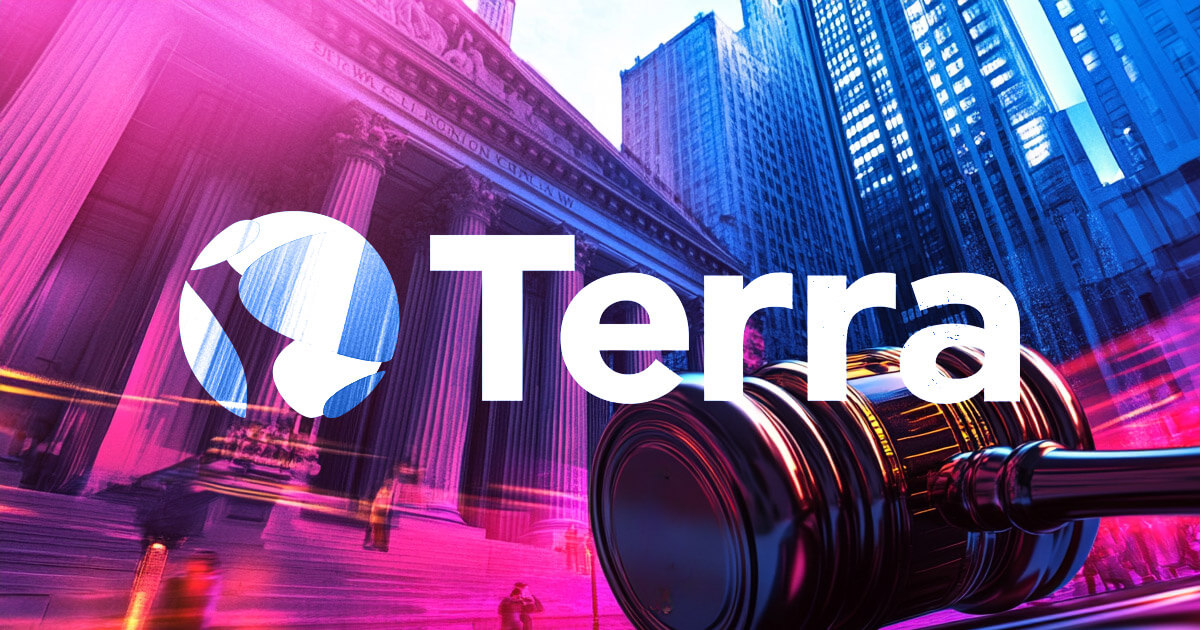As the United States gears up for its upcoming Presidential election, the intersection of politics and cryptocurrency is increasingly evident. Ripple’s Chief Legal Officer, Stuart Alderoty, emphasized the pivotal role of the cryptocurrency community’s participation in this electoral process.
Alderoty has been vocal in urging the crypto community to participate in the November elections. In a post on June 7 on X (formerly Twitter), he stressed that without the support of crypto voters, other advocacy efforts, such as calls, letters, and emails to lawmakers, would be dismissed as mere noise.
This rallying cry has resonated positively within the crypto community, with many users expressing similar views and pledging to support candidates who advocate for favorable policies toward the sector.
This year, donations to crypto Political Action Committees (PACs) have reached $100 million, with significant contributions from industry executives. Companies like Coinbase have shown their commitment to regulatory clarity by donating to Super PACs to further the sector’s interests in the upcoming elections.
The push for pro-crypto legislation has intensified in Congress, with lawmakers striving for bipartisan efforts to bring about market clarity. Notably, pro-Biden legislator Rep. Ro Khanna has backed the Financial Innovation and Technology for the 21st Century Act (FIT21) legislation, calling on the White House to support the bill.
Khanna acknowledged the concerns about the Administration’s perceived negativity towards blockchain and mentioned that both he and Speaker Pelosi supported Patrick McHenry’s recent bill aimed at providing regulatory clarity, suggesting it would be beneficial for the White House to endorse it as well.
Progress Amidst Obstacles
Despite facing obstacles, the crypto market has made significant strides this year, particularly as the U.S. elections approach. In recent years, the industry has criticized the lack of regulatory clarity and the Securities and Exchange Commission’s (SEC) approach.
Last month, lawmakers voted to overturn the SEC’s Staff Accounting Bulletin 121, although it was vetoed by President Biden. Nevertheless, the House passed the FIT21 legislation, with market participants urging the Senate to support the bill to establish clearer guidelines.
The FIT21 bill, if enacted, would significantly reshape the regulatory frameworks governing crypto businesses and operations in the U.S. However, the likelihood of any bill moving through the Senate remains slim due to the complexities of the legislative process.
According to House Majority Whip Tom Emmer, the Senate might opt to start from scratch on a market structure bill, which would require going through a full committee process.
Even if the current version of the bill reaches the Senate floor, it is expected that provisions or other aspects of the bill will be altered, necessitating its return to the House. Emmer expressed hope that the bill could be passed during the lame-duck session, once the political dust settles.
Optimism and Engagement from Key Lawmakers
Rep. Patrick McHenry, who chairs the Financial Services Committee, remains optimistic about the bill’s prospects, pointing to the substantial support FIT21 received in the House, with 279 votes in favor.
He noted that the absence of a veto threat from the White House on FIT21 was encouraging, indicating a willingness to engage in policy discussions.
McHenry acknowledged the Senate’s complexity but emphasized the next step for the bill’s proponents is to engage Senators about the legislation. He believes that if two-thirds of the House can support the bill, the Senate should be able to achieve a similar level of backing.
Sen. Ron Wyden, a Democrat who voted to overturn the SEC’s Bulletin 121, emphasized the need for a regulatory framework, aligning with McHenry’s efforts.
Wyden highlighted the importance of being tough on scammers and fraudsters within the industry, recognizing McHenry’s initiative to establish a regulatory framework and enhance the focus on combating fraud and ripoff artists.
As the political landscape evolves, the crypto community remains vigilant, recognizing the pivotal role that regulatory clarity will play in the industry’s future. The upcoming elections will serve as a critical juncture for the sector, with the potential to shape the regulatory environment for years to come.
Credit: Source link















































